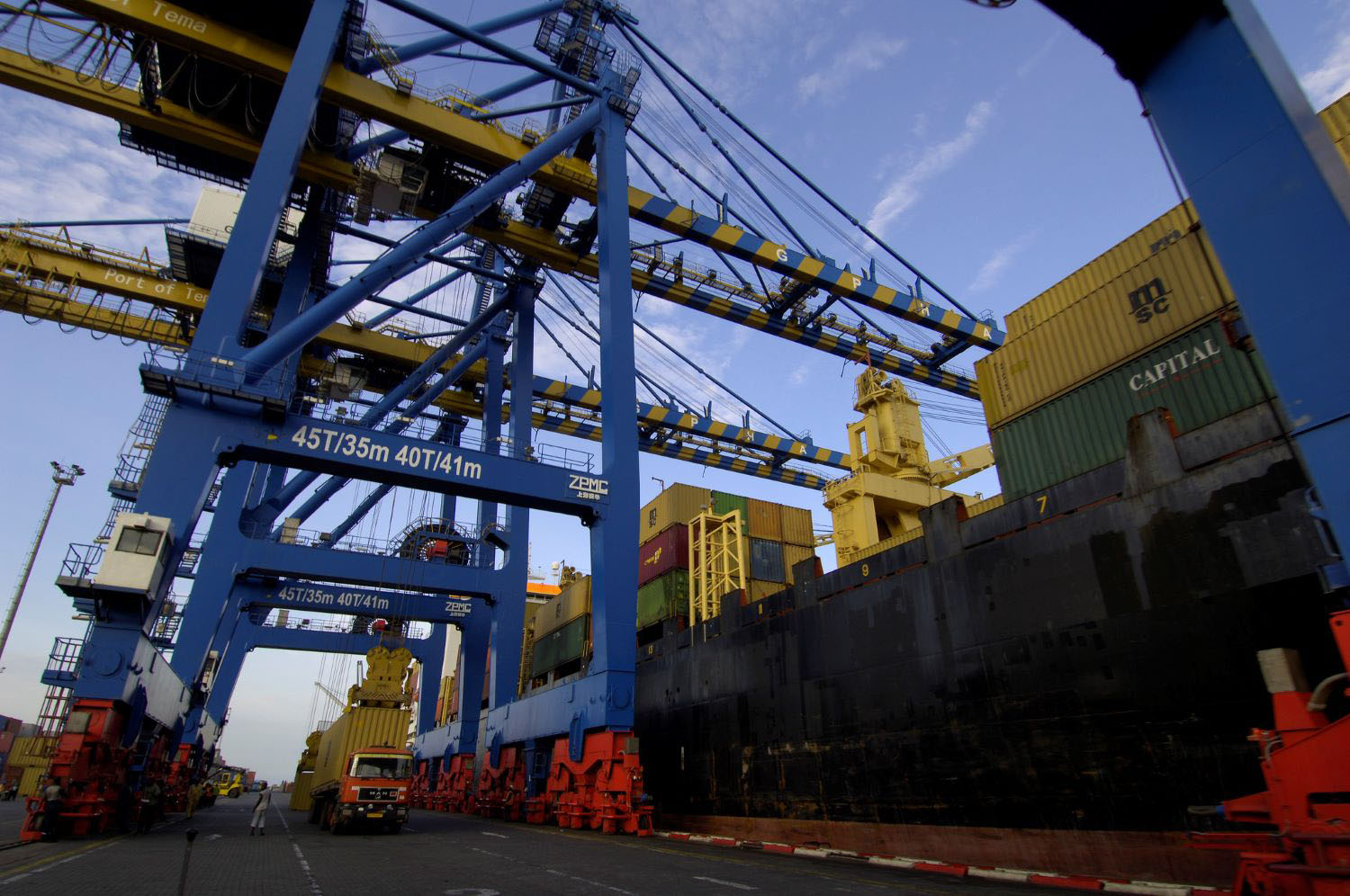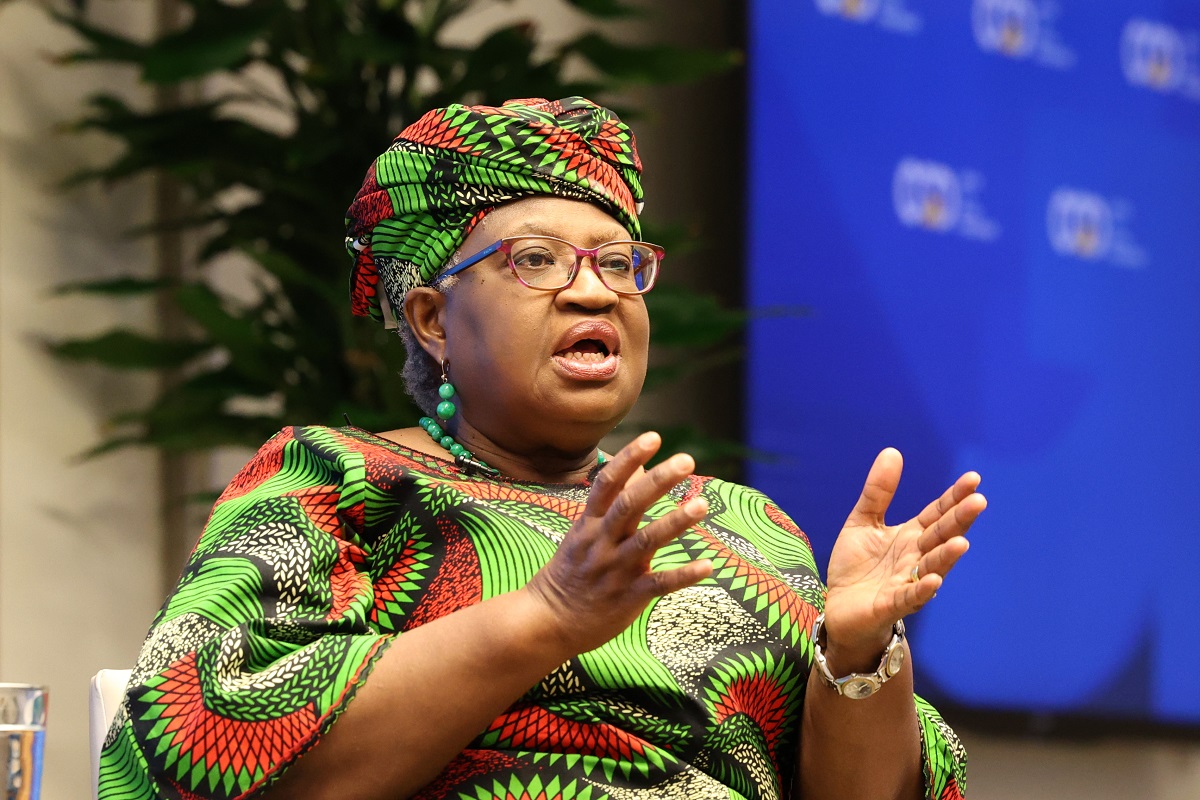Compared to my husband and other federal workers that suddenly find themselves with lots of free time but no pay, my problem is trivial. Nevertheless, it is hard for me to do my job if I can’t get data! After reading US Trade Representative Froman’s speech at the World Trade Organization’s public forum yesterday, I wanted to look at data on US trade with poor Asian countries. But instead of getting access to the US International Trade Commission’s wonderfully user-friendly trade dataweb, I got this notice of the agency’s shutdown instead (I love the “pardon” in the url).
I had gone to the USITC website because I wanted to examine the tariffs levied on US imports from poor Asian countries. I was delighted that Ambassador Froman’s speech affirmed the Obama administration’s strong support for the WTO, and that he eloquently reiterated the administration’s commitment to trade and development:
Let me stress how important this link is between trade and development to the United States and to the President personally…. Development is in the bloodstream of U.S. trade policy today.
But the ambassador then went on to focus exclusively on American activities in Africa and I couldn’t help wondering why the link between trade and development is important only for those poor countries. If you’ve read my posts and other material on trade and development before (here’s the most recent), you probably already know that imports from Bangladesh and Cambodia face tariffs that are more than 10 times higher than the average for all US imports. But they are nevertheless relatively large apparel exporters to the United States and some folks argue that they are successful enough that they don’t need duty-free access to the US market.
I don’t agree with that—there are still lots of very poor people in Bangladesh and Cambodia—but let’s put those two least-developed countries (LDCs) aside for the moment. There are 12 other Asian LDCs that, in practice, cannot benefit from US trade preference programs. So, what about a country like Nepal, for example? Does it export items that might benefit from duty-free, quota-free access for poor countries? Unfortunately, I’ll have to wait for Congress to find a way out of the budget impasse to find out and to finish my comment on Ambassador Froman’s otherwise excellent speech. Stay tuned for that, and for a forthcoming paper on how to reach a compromise on providing improved market access for Asian LDCs, without jeopardizing the important gains made in Africa under the African Growth and Opportunity Act.
CGD blog posts reflect the views of the authors, drawing on prior research and experience in their areas of expertise.
CGD is a nonpartisan, independent organization and does not take institutional positions.





